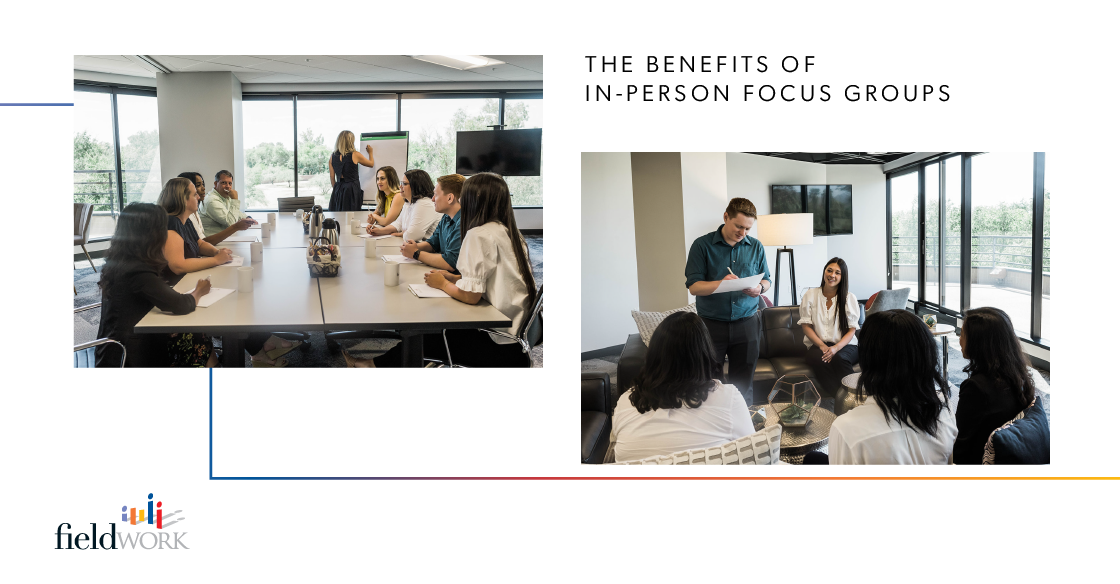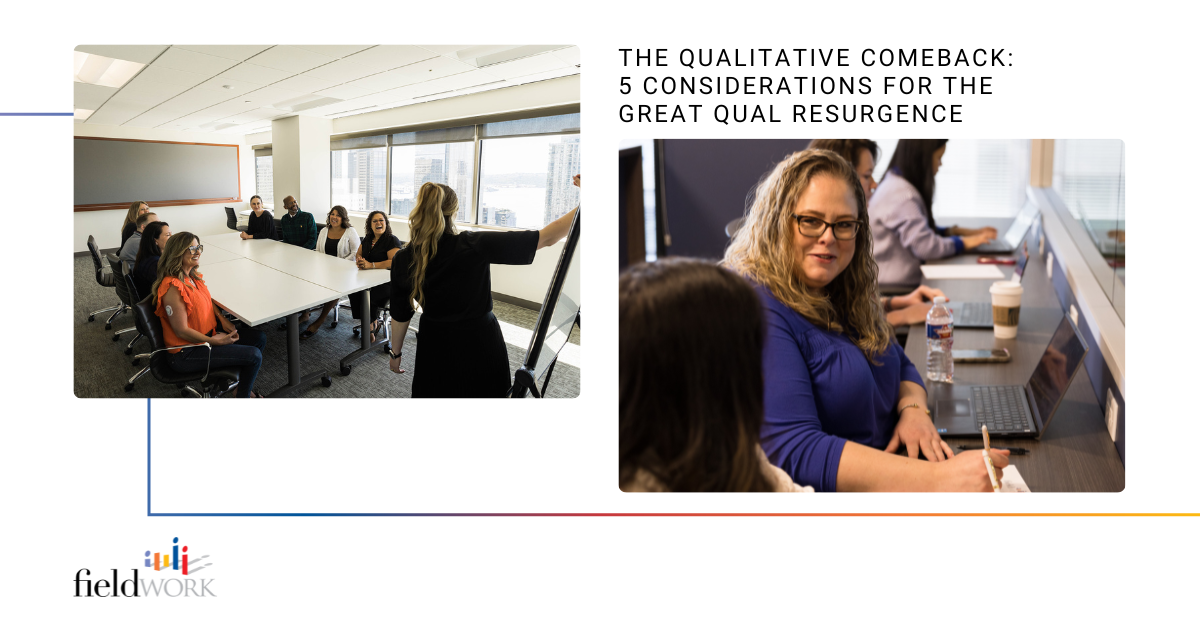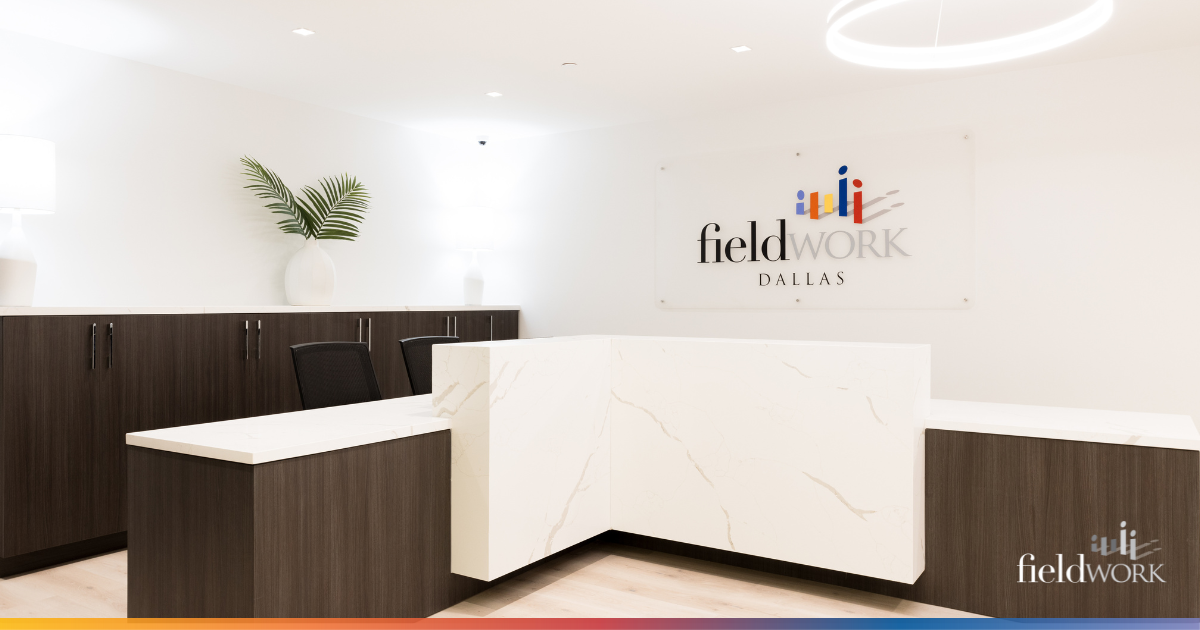Understanding consumer behavior is crucial for brands to gain and maintain a competitive edge. Quantitative data, like survey responses or purchase statistics, uncovers the "what" of past behaviors. Yet, the "why"—the deep-seated beliefs and motivations predicting future actions—often remains elusive. This is the realm where qualitative research shines. At Fieldwork, we grasp the critical importance of qualitative insights in demystifying consumer decision-making.
The Essence of Qualitative Research
Skilled moderators and experienced market researchers recognize that qualitative research is instrumental in revealing the subtle motivations and behaviors that influence consumer choices. It transcends simple data aggregation, aiming to unearth the emotions, beliefs, and perceptions shaping consumer preferences. However, not all qualitative experiences guarantee insightful results. Actionable insights, those that propel brands forward, emerge from environments where individuals feel engaged, comfortable, and fully immersed in the study's context.
The Role of Environment
The environment is a key player in qualitative research, as it significantly impacts the quality of the insights gathered. Consider a medical study seeking to comprehend patient experiences; here, a medical simulation room (or Sim Center) is ideal. Such an environment not only mirrors the actual medical setting but also promotes open and honest sharing of experiences.
Similarly, for taste tests or culinary evaluations, an environment replicating everyday situations—like a fully-equipped kitchen or a restaurant setting—can elicit genuine feedback from respondents in a natural setting.
When delving into sensitive or deeply personal subjects, the significance of the environment is amplified. A cozy, private living room setup can foster trust and encourage participants to share openly, yielding richer insights and enhancing the experience for all participants.
Maximizing the Power of In-Person Research
With the optimal environment in place, in-person research offers unique advantages that are unattainable through other methodologies. These include:
Real-Time Interaction
In-person focus group research provides a window into the participants' non-verbal communication, such as body language and facial expressions, offering a deeper understanding of their thoughts and emotions that might be overlooked in virtual settings.
Group Dynamics
The natural group dynamics of in-person sessions prompt open discussions and collaborative thinking. This environment can lead to more profound, spontaneous insights as participants expand upon each other's contributions.
Immediate Clarification
During in-person focus groups, researchers can ask follow-up questions on the spot, ensuring a thorough comprehension of responses and more detailed data collection.
Physical Product Testing
For industries like consumer goods or food, in-person groups enable direct interaction with products or prototypes, providing critical feedback on design, functionality, and user experience.
Enhanced Trust and Rapport
Face-to-face meetings tend to build stronger connections between researchers and participants, often leading to more forthright sharing, particularly of sensitive or personal information.
At Fieldwork, our dedication to the complex nature of qualitative research is unmatched. We pride ourselves on creating the perfect environment for each study and delivering exceptional hospitality. We lay out the welcome mat, set the table, and ensure the right people are in attendance, inviting you to discover the pinnacle of qualitative research—the in-person focus group experience.





